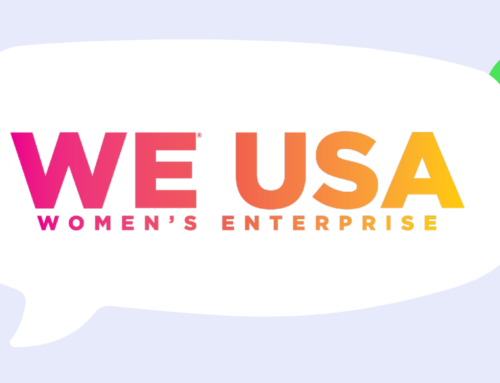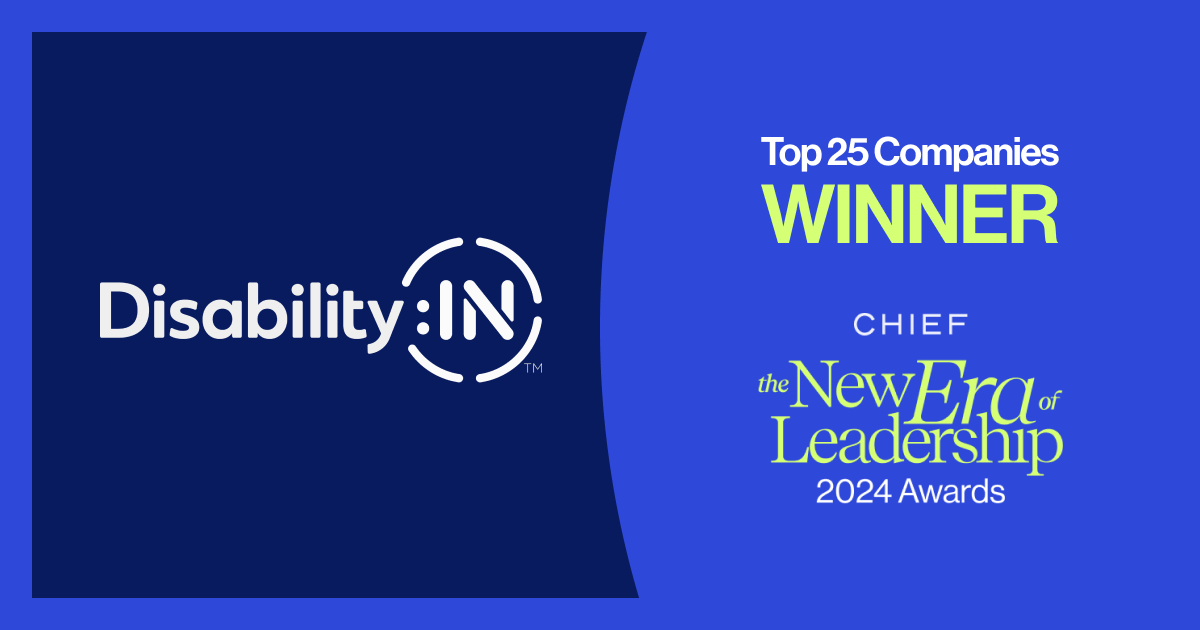BREMEN: Within the context of human capital governance, where does DEI fit in? Where does disability inclusion fit, and why is it so important?
KENNEDY: The Disability Equality Index measures and scores companies based on their progress toward inclusion, equality and justice for people with disabilities. I’m very proud to say that we now have over 250 Fortune 500 companies who participate in the Disability Equality Index. People care about where they go to work every day. I could make the argument that people with disabilities are intensely interested in where they buy their coffee, what airline they fly on and where they do their banking. They want to know what companies share their vision for a more just and equitable society. But so do employees. One of the companies with whom we work told me, “Ted, I’ll be honest with you: It’s not just about the 50 jobs per year that we recruit for people with disabilities. DEI is important for the 15,000 other people who come to work at my company every day that may not have the most glamorous job in the world, but they want to come to work knowing that they work for a company that stands for something and is doing the right thing.” We know that it’s the right thing to do, but that it also leads to greater business performance and superior shareholder returns over time.



